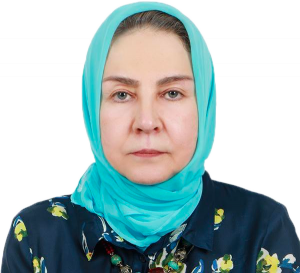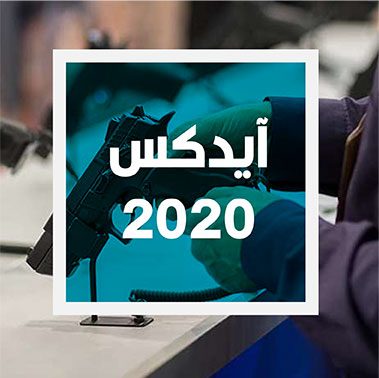Today, Iraqis hope that the new prime minister and his government will be able to deliver on the promises he made, which include addressing the country’s deteriorating conditions, putting an end to the looting of public money, fighting corruption and unemployment, providing basic services, and avoiding the mistakes of previous governments, which led to the country’s deterioration economically, socially and security.
However, the political reality in Iraq is full of challenges that threaten to hinder the prime minister’s ability to deliver on these promises, which raises some complex questions, the first of which is how Muhammad Shiaa’ Al-Sudani will deal with the oligarchy associated with the militia’s factions, which have succeeded in forming a parallel state supported by a large empire of financial and media institutions.
Furthermore, one of the most complex challenges facing the new government is the association of governmental and non-governmental networks with armed groups that facilitate access to deals and projects, most of which have not been implemented.
Another major challenge is associated with the authoritarian tendency that has become entrenched in the political practice of some politicians, and whether Al-Sudani can work without political pressure, in light of the existence of the deep state, which includes a network of people, political forces, and corruption mafias with converging interests.
In addition, dismantling the alliance of businessmen and politicians may not be so easy, especially given the spreading clientelism, which made the wealthy a part of the ruling class, offering political allegiance to influential parties and people in return for easy access to deals and investments.
Iraq’s economy is still captive to oil revenue and the public sector is suffering from inflation, in addition, salaries currently constitute two-thirds of the total state budget, while unemployment levels are estimated at 16.5%.
Foreign investment is almost nonexistent due to the instability that repels foreign investors who need protection and security.
Will the prime minister be decisive in dealing with uncontrolled weapons, consolidating the power of the state, strengthening its security and military apparatus, and ensuring or strengthening the legal justice system?
What if Iraq remains unable to engage in the circle of modernization and progress despite its possession of great natural wealth and human cadres?!
Furthermore, parity in regional and international relations is another obstacle facing the new Iraqi government, as the behaviour of some countries towards Iraq can only be characterized as tutelage and interference in its internal and external affairs.
Will the outstanding problems between the centre and the Kurdistan region be addressed, including those related to the oil and gas law and others related to the disputed areas?
All of these questions are just the tip of the iceberg, and require practical answers as well as bold and creative policies.














